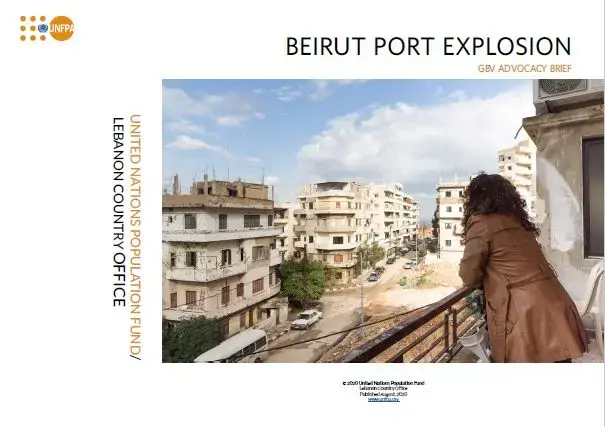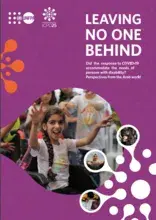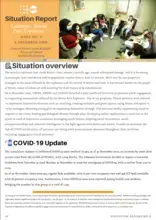On 4 August, 2020, at approximately 18h00 (local time), a warehouse at the Beirut Port containing large quantities of ammonium nitrate exploded. The initial explosion was followed by a much more substantial blast that caused widespread damage reportedly reaching more than 20 kilometres from the port area. The incident has created yet another large-scale crisis in a country that is in the midst of a serious economic crisis as well as the COVID-19 pandemic.
Gender-based violence (GBV) is among the greatest protection challenges within any humanitarian crisis, disproportionately affecting women and girls and impacting families and communities at large. In the aftermath of the Beirut explosion, the compounded situation will only stand to multiply those risks significantly, further impacting the lives and safety of women and girls at home and at various public spaces, diminishing means of protection, undermining the resilience of communities and society as a whole, and impeding recovery and rebuilding efforts. In this respect, the continuous support to ensure that GBV response services remain available and accessible to women and girls is of paramount importance, together with reducing GBV risks in all sectors throughout the response.
This document provides a number of recommendations to achieve this, which are intended for all stakeholders working towards meeting the immediate and long-term needs of impacted community segments.





